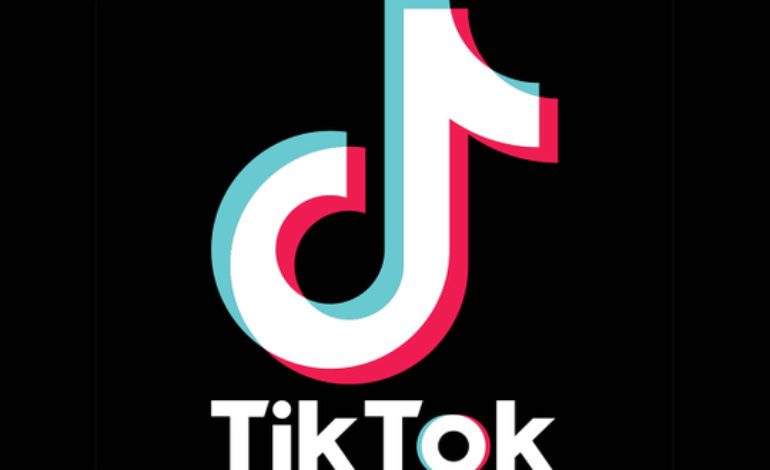

Just nine days before the proposed official ban of TikTok in the United States, the Supreme Court appears likely to uphold the ban on the Chinese-operated social media platform, according to an article from CNN. A majority of the justices seem inclined to support the controversial ban due to concerns about the app’s connection to China. During oral arguments made today (Jan. 10), the justices expressed skepticism about the First Amendment’s relevance to the law, focusing instead on potential foreign control and data security risks associated with the platform. The law is set to take effect on Sunday, Jan. 19, unless the high court steps in to block it temporarily or someone proposes an alternative solution.
The law would restrict the app’s operations in the U.S. unless its Chinese-based parent company, ByteDance, divests from the platform.
Chief Justice John Roberts and other conservative justices expressed skepticism that the First Amendment applies, arguing that the law targets national security concerns, not speech.
Both recent U.S. presidents — Donald Trump and Joe Biden — have shared their concerns about the app’s potential for content manipulation and how it collects its data. Solicitor General Elizabeth Prelogar, representing the Biden administration, argued that the Chinese government could use TikTok’s data for purposes such as harassment, blackmail or espionage, posing a risk to U.S. interests. However, TikTok said that these are speculative, claiming that the Chinese government does not necessarily influence the videos Americans view on the platform. On the other hand, Trump recently filed to delay the ban’s implementation to negotiate a deal with TikTok, as Shark Tank’s Kevin O’Leary and billionaire Frank McCourt want to buy the app.
Justice Brett Kavanaugh said that the government is acting to protect national security, while conservative Justice Neil Gorsuch questioned whether a ban would actually solve these concerns. Gorsuch suggested that disclaimers or warnings could address issues without restricting Americans’ access to the app.
If the law takes effect, TikTok would likely be removed from app stores, preventing new downloads or updates, though existing users would still have the app on their devices. With over 170 million American users, TikTok’s lawyer argued that this ban would have significant consequences for individuals and businesses that rely on the platform. This situation creates an uncertain future for so many content creators who rely on TikTok for their careers and livelihoods, raising broader questions about the platform’s role in digital culture and how the U.S. government balances national security concerns with technological innovation and free speech.
